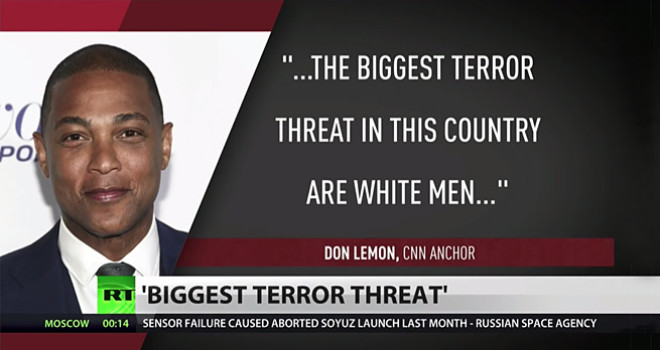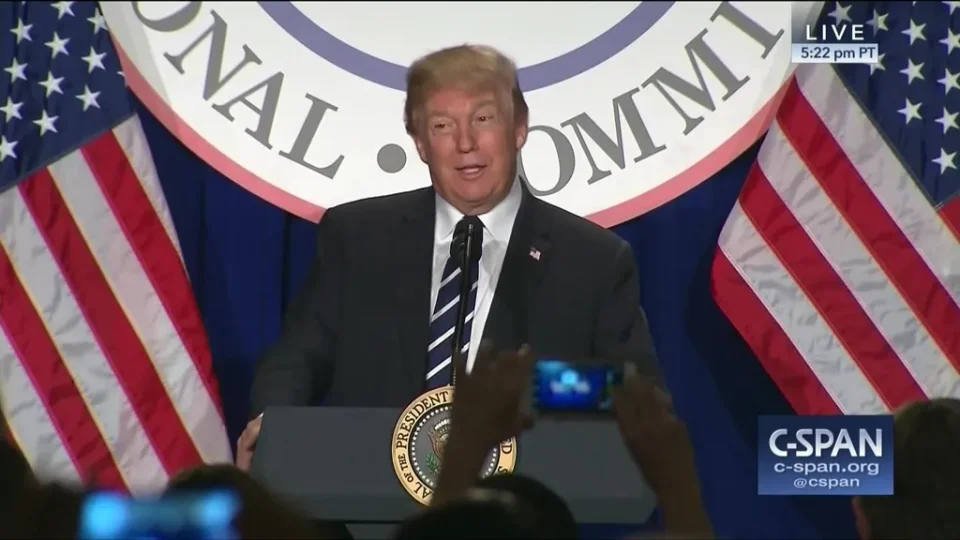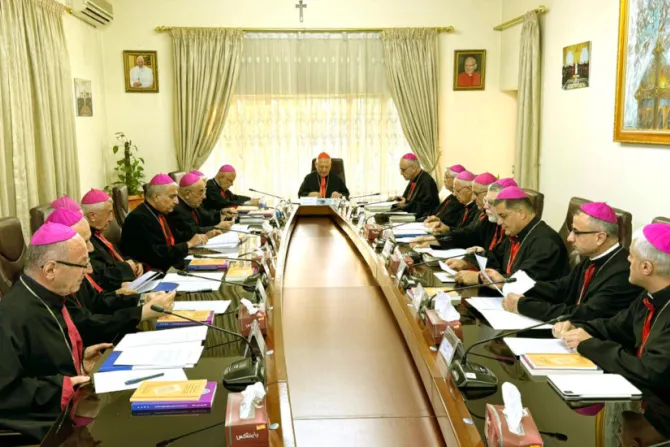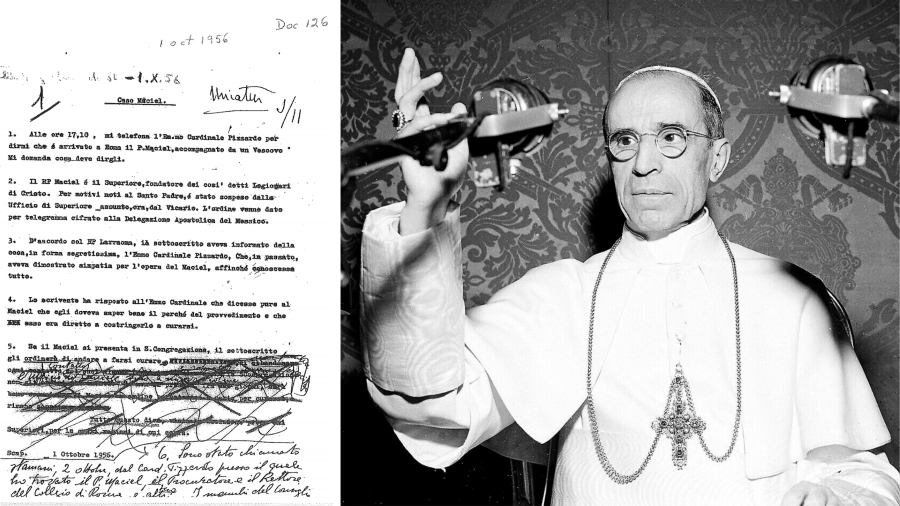Are you an ethnically European Catholic? Do you talk about “white guilt” or “white privilege” with other Catholics? Whether you like it or not, this politically motivated conversation is coming your way. Are you ready for it? A far better question is: what is the Church’s teaching on such things?
Over the past several years, various articles have caught my eye in which a Catholic college or university has begun teaching a course on “whiteness” or something similar. “It’s just another Neo-Marxist attack-vector on the supposedly evil, oppressive majority,” I said to myself, thinking it can’t be sustained and wouldn’t go anywhere. But the systematic hatred and self-hatred of ethnically European people is growing.
As a writer with an online presence, I am privy to the unspoken anger felt by young, ethnically European men who have no voice and no platform, and their dramatically increasing suicide rates verify what I see. A meme caught my eye recently, attacking Western societies for emasculating these youths; adding insult to injury, it noted, all complaints at school or in the workplace are delegitimized with claims of “privilege.” Our isolating, self-destructive culture was described by this frustrated young artist as “increasingly devoid of age-old sources of happiness like community, religion, national identity and family.” Can you hear them? These angry lads need Christ! What have we done to give them hope?
The problem is, Catholic writers are increasingly writing on this topic, but have taken the bait and are furthering the, yes, racistanti-white agenda. Last month, I read the following in an article on the subject of “white supremacy” by Julia Walsh, a Franciscan Sister of Perpetual Adoration, in the National Catholic Reporter:
Whether I like it or not, I participate in the evil of racism every time I enjoy my white privilege. When I feel the tinge of excitement over seeing a “run-down” neighborhood flipped into an area with funky shops and remodeled homes (that’s what gentrification is), I’m ignoring the plight of the poor… I have been conditioned to think that I should help the poor, the marginalized, the people of color. I have been taught to go on mission trips and to do service projects because the “less fortunate” need my help. I have been taught to fear change. I have been taught to preserve my culture, my traditions. I have been taught to take pride in who I am, in my whiteness. I have been convinced that if I see a person of color in trouble, that I ought to rescue them, jump into the situation, help them, advocate. I have been mistaught; I see now that it is not my job to save or redeem. I have to notice how my whiteness can be destructive and come out sideways. I have to admit that racist and white supremacist attitudes are deeply engrained in me. I have a lot of reasons to repent. I have to do my homework and notice when I am sinful, ugly. I have to repent.
Repent from helping the poor of a different ethnicity? I seem to remember our Lord portraying him as the Good Samaritan. To complete my horror, Walsh follows talk of “living the gospel” and “following Jesus” with a radical quote by CNN anchor, Don Lemon: we must “realize the biggest terror threat in [the U.S.] is white men … we have to start doing something about them.” When the stats show the Anglosphere is the least racist set of countries on the planet, what grounds does a Catholic have for supporting an ethnically disparaging movement which results in lost hope and self-murder? Yes, something should be done about these men—the Church, we, should be interceding for them!
What does “white” really mean, anyway? I am part-British, Irish and Italian; apparently, I am still white. Does it mean ethnically European? I’ve used it that way in my writing before, but it’s beginning to feel like a political term rather than a racial one.
Amongst those identified as white are very real identities—religions, ethnic groups, cultures, and customs—a Neapolitan Catholic, for example. Yet, the politicization of the term, i.e., “whiteness,” and its dangers are apparent in Turkey, where my wife is from: a Beyaz Türk (a white Turk) describes a liberal, progressive urbanite who fancies themselves Western; a black Turk is, of course, a backward peasant from Anatolia, still sporting a hijab. From experience, this has nothing to do with ethnicity and, yet, this vitriolic, divisive language is at the heart of political polarization. As a Catholic, desiring the common good, I would rather not see the political problems of Turkey in my neck of the woods. But, note it well, this term is being deployed throughout the West along biological, as well as economic and political, lines. What becomes of the doctrine of solidarity when Catholics join the war cry?
The real question is: what is the Church’s teaching regarding “white guilt” and ethnic divides?
Quite simply, hating your own ethnic group is ungodly. Following Aquinas, the Church views those natural inclinations towards one’s people and country as “a principle of being”—described thus by Pope Leo XIII: “the natural law enjoins us to love devotedly and to defend the country in which we had birth, and in which we were brought up, so that every good citizen hesitates not to face death for his native land.” Pius XI elaborates on this “legitimate care for our country” as involving “feelings of piety towards our own people,” declaring this the natural order of the world.
What of the one human race? Far from being discounted, it was the above principles which led to the development of International Law by Francisco de Vitoria and Domingo de Soto:
[N]ations, despite a difference of development due to diverse conditions of life and of culture, are not destined to break the unity of the human race, but rather [are destined] to enrich and embellish [that unity] by sharing of their own peculiar gifts and by their reciprocal interchange of goods which can be possible and efficacious only when a mutual love and a lively sense of charity unite all the sons of the same Father and all those redeemed by the same Divine Blood.
Many are quick to point to the Catholic Catechism (1935): “Every form of social or cultural discrimination in fundamental personal rights on the grounds of sex, race, color, social conditions, language, or religion must be curbed and eradicated as incompatible with God’s design.” However, the citation for this, and its proper context, is in Vatican II’s Gaudium et Spes; note the call to respect human dignity between ethnic groups, as one human family, and not the eradication of said groups:
True, all men are not alike from the point of view of varying physical power and the diversity of intellectual and moral resources. Nevertheless, with respect to the fundamental rights of the person, every type of discrimination, whether social or cultural, whether based on sex, race, color, social condition, language or religion, is to be overcome and eradicated as contrary to God’s intent… Therefore, although rightful differences exist between men, the equal dignity of persons demands that a more humane and just condition of life be brought about. For excessive economic and social differences between the members of the one human family or population groups cause scandal, and militate against social justice, equity, the dignity of the human person, as well as social and international peace. [Emphasis added.]
You see, the Church is not for the eradication or the oppression of any ethnic group; rather, she celebrates the distinctions between them. Pope John XXIII comments on the above in Mater et Magistra to make the Church’s position clear:
It is quite legitimate for nations to treat [their] differences as a sacred inheritance and guard them at all costs. The Church aims at unity, a unity determined and kept alive by that supernatural love which should be actuating everybody; she does not aim at a uniformity which would only be external in its effects and would cramp the natural tendencies of the nations concerned. Every nation has its own genius, its own qualities, springing from the hidden roots of its being. The wise development, the encouragement within limits, of that genius, those qualities, does no harm; and if a nation cares to take precautions, to lay down rules, for that end, it has the Church’s approval.
Of course, one can fall in love with another of a different ethnicity, as did my grandparents and as did I. That’s Amore! But to malevolently encourage the disappearance of one or more ethnicities is emphatically not Christian. This has been the Church’s tradition and ordinary teaching since her beginning when St. Paul affirmed the providence of the diverse ethnic groups on Mars Hill, in Acts 17, and when he expressed his holy love for his own kinsmen in Romans 9. The Church Fathers are in agreement on the goodness of the love of one’s own people, especially as an extension of one’s own family in accordance with subsidiarity. What could be more natural?
Let us, therefore, keep our hands clean of “white male bashing,” the discouragement of ethnic Europeans to have children, talk of checking one’s “white privilege,” the legitimizing of barring European ethnic groups from public events, etc. The politicization of whiteness to the detriment of European ethnic groups has no place in the Church, neither historically nor in our day. So, are you ready for that conversation now?







